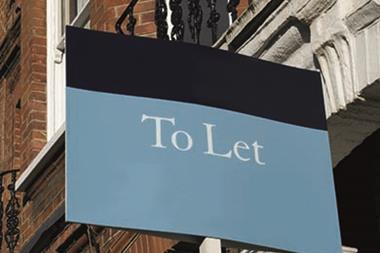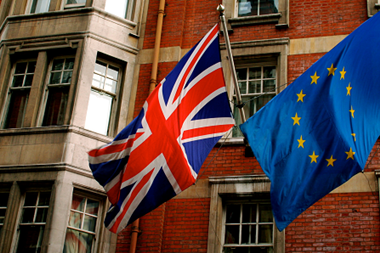One week on from Britain’s seismic decision to leave the EU, and investors are still assessing the news.

But as the most transparent property market in the world, the UK has a remarkable ability to recalibrate itself and we are already anticipating some new and intriguing trends. So what are investors thinking? Those I have spoken to this week are expecting a range of scenarios:
- Open-ended funds will be monitoring inflows and outflows of cash closely. Many still remember the forced sales that open-ended funds had to make in late 2008 and early 2009 as investors withdrew their cash - but this world is now better managed than in the post-Lehman crash, with the majority having much more substantial cash buffers now of between 8% and 20%.
- Third-quarter valuations are likely to see a gap re-open between risky assets and prime. Valuers largely resisted making revaluations leading up to the referendum, but they may need to reflect new sentiment in this week’s second-quarter valuations. Prime, liquid assets could rise in value as investors switch out of secondary.
- Bond yields are falling from already low levels, with the 10-year gilt rate now hovering around 1%, as investors seek safe havens, and this could make property that had begun to look overpriced, particularly in London, appear good value again. The yield gap between bonds and property is widening, and there could be a compelling case for investors seeking income to buy prime real estate.
- The availability of debt, on the other hand, could tighten as banks become risk averse, at least until the dust settles. Lending against riskier assets could fall, but debt will still be available to buy prime property.
- In the medium term, UK property will probably be seen as a global safe haven. Britain’s geography, the English language, our democratic system and British rule of law are defining forces in global investors’ eyes, and will maintain their appeal for decades to come.
- And above all, if sterling continues to see volatility, we will see opportunistic and entrepreneurial buyers returning to the UK. US and Asian investors in particular have a strong record of boldly buying in Britain when the pound is weak and makes for compelling value.
- Occupier markets will also have a major influence. In the short term, we should expect some occupiers to delay committing to new office moves as they weigh up the uncertainty, and their prospects.

There is no getting away from the fact, however, that many UK property markets will be affected by uncertainty in the coming months. In the short term, we should expect some occupiers to delay committing to new office moves as they weigh up the benefits of staying in a Britain hoping to prosper free of EU shackles or locations within the union as it seeks a new identity for itself.
In retail, sales patterns do not necessarily track GDP performance - consumers may tighten purse strings and realign spending patterns, but they cannot stop spending altogether. We may see a return of inflation due to economic turbulence, but many retailers would welcome this.
Last week’s events will live long in the memory for many of us, but after a quiet summer we expect activity to pick up in earnest in September as buyers and sellers agree on best value. That’s the beauty of the UK property market - with a decision now made on our EU membership, our highly sophisticated sector can reposition itself, responding to this fast-moving situation over the second half of the year.
Peter MacColl is head of capital markets at Knight Frank





























No comments yet